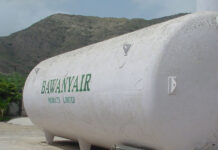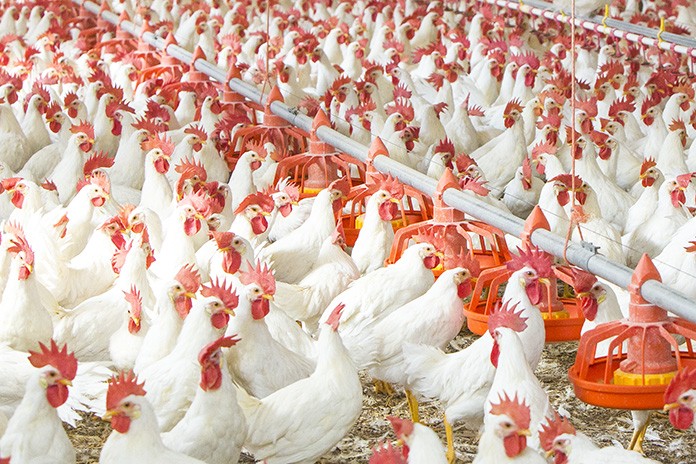LAHORE: Poultry farmers across Pakistan are grappling with escalating input costs, particularly for poultry feed, which have become increasingly burdensome. Many small-scale farmers face the prospect of closing their businesses, jeopardizing not only their livelihoods but also the economic stability of their communities.
Waseem Malik, a medium-scale poultry farmer from central Punjab, highlighted the potential of the poultry industry but noted significant hurdles hindering its growth. He pointed out that rising feed prices—largely influenced by fluctuating international markets for soybean and maize—have driven up production costs. The devaluation of the Pakistani rupee has further compounded these challenges, making imported feed ingredients prohibitively expensive.
The poultry sector is a vital part of Pakistan’s agricultural landscape, contributing approximately 1.3% to the country’s GDP and employing around 1.5 million people, both directly and indirectly. With an annual production of about 1.3 billion kilograms of poultry meat and over 18 billion eggs, it serves as a crucial source of affordable protein for the population.
To address these pressing issues, the poultry industry requires robust support from both government and industry stakeholders. A member of the Pakistan Poultry Association (PPA) suggested that subsidies on poultry feed, investment in research for disease-resistant breeds, and improved access to affordable veterinary services could significantly ease the sector’s burdens.
While the government has implemented some supportive measures, these efforts are deemed insufficient. “Targeted interventions are essential to tackle the specific challenges faced by poultry farmers. Although large and medium-scale operations have managed to survive, small farmers need urgent assistance for sustainable growth,” the PPA member stated.
Ashraf Siraj, a poultry farmer from Faisalabad district, criticized the government’s focus on price notifications for chicken, stressing the need for a deeper understanding of the demand-supply dynamics that lead to price fluctuations. “It’s crucial to protect the approximately 20,000 poultry sheds run by small-scale farmers. The sector is resilient and adaptable, and with the right policies and support, we can turn these challenges into opportunities for growth and prosperity,” he added.























